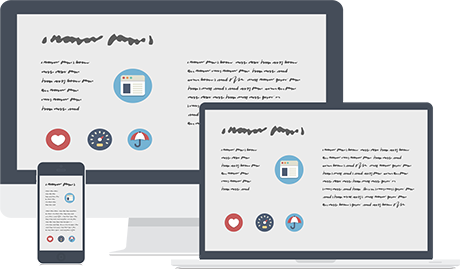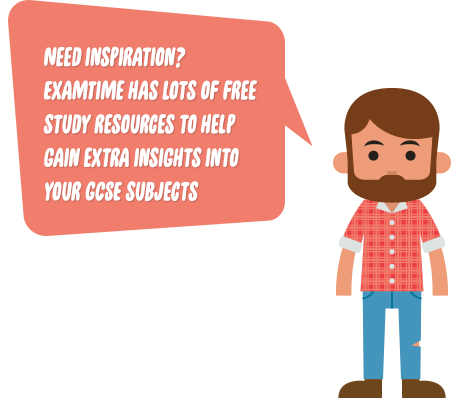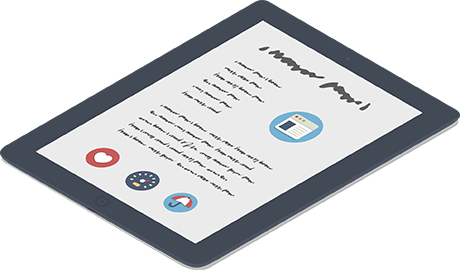Teaching English
We do not intend to tell you how to teach English to your students on this page. We would just like to share a few interesting learning techniques and resources for teaching English that might help you and your pupils in the classroom.
Having worked your way through GCSE English Language it is now time to move on to more cultural texts in GCSE English Literature.
In this section of the GCSE, we want to provide you with a simple yet complete overview of the English Literature Syllabus and what material you can expect to cover. We will offer you past examples of English Literature notes and resources that will help you cut through large amounts of material with ease. We will introduce you to some online tools that you may currently be using but if not, you should consider using.
We have a huge archive of English Literature notes that are free for you to use. From sample Quizzes to Flashcards and Mind Maps to Study Planners, you will have a full suite of tools from which to work with. In the GCSE English Literature study groups, you will find students and teachers just like you that are discussing everything from Poetry to, ‘An Inspector Calls’. We have everything you will need to pass the exam, now all you have to do is get started.
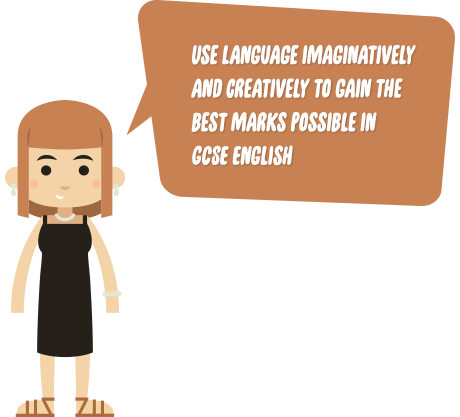
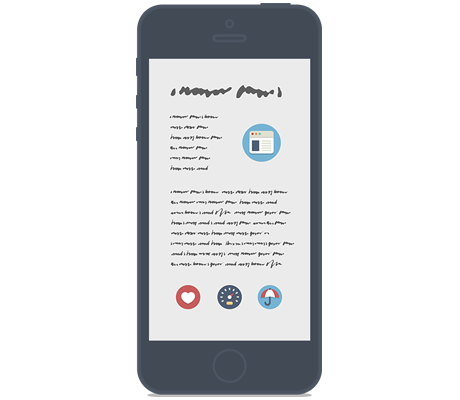
English Literature Subject Overview
Students will be asked to study a range of high quality, intellectually challenging, and substantial texts in detail. These will include:
- At least one play by Shakespeare
- At least one 19th century novel
- A selection of poetry since 1789,
- Representative Romantic poetry
- Fiction or drama from the British Isles from 1914 onwards.
Within the range of texts above, the emphasis should be on deepening students’ understanding. The texts should be chosen with the key aim of providing students with knowledge to support both current and future study.
Try ExamTime by Signing up TodayReading comprehension
Literal and inferential comprehension
Students are required to understand a word, phrase or sentence in context. They will be asked to explore aspects of plot, characterisation, events and settings.
Critical reading
Students must identify and distinguish between themes whilst supporting a point of view by referring to evidence in the text. Students need to make an informed personal response.
Evaluate a writer’s choice of vocabulary, grammar and structure
In this section students will be asked to analyse and evaluate how language, structure, form and presentation contribute to quality and impact.
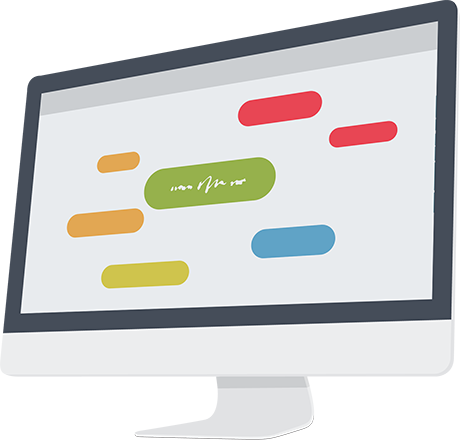
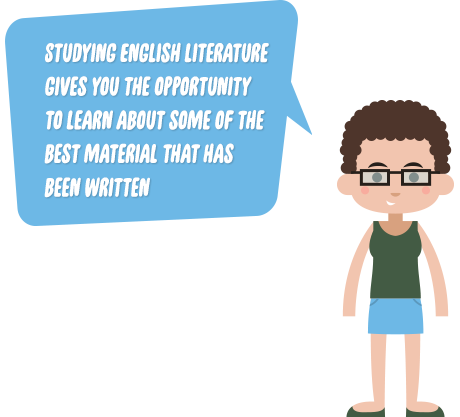
Comparing texts
Students will have to compare and contrast texts studied, referring where relevant to theme, characterisation, context (where known), style and literary quality. Students will also be asked to compare two texts critically with respect to the above.
Included in these sections, students will have the option of reading the following material depending on their level:
- Exploring Modern Texts
- Poetry Across Time
- The Significance of Shakespeare and the English Literacy Heritage
Or
- Exploring Modern Texts
- Approaching Shakespeare and the English Literacy Heritage
- Exploring Poetry
Breakdown of Sections
Exploring Texts
In this section we have explored a large selection of material you can expect to cover in the English Literature test. We have given you some great resources to use and work with. In all cases we have not have notes created for certain texts so why not add your own for other students just like you.
Short Stories Can Include:
- Flight; An Overview
- The Darkness Out There
- The Compass and Torch Quotes
- Anita and Me Context
- Superman and Paula Brown’s New Snowsuit
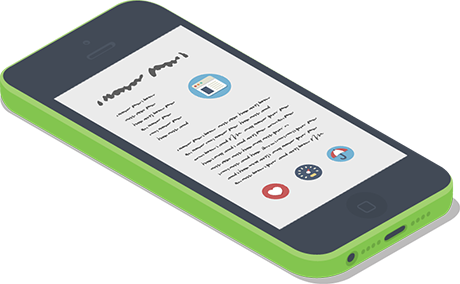
Poetry Across Time
In this unit students will take a skills-based approach to poetry, learning how to make an informed personal response to a range of poems. This unit covers two sections:
- Contemporary Poetry
- Poetry from the English, Welsh and Irish Literary Heritage
Section A is based on the study of a thematic poetry cluster. Each cluster contains fifteen poems. Studentswill study one of these clusters in detail in order to respond to questions.
Section B asks students to respond to an unseen poem. Students must study another complete cluster. They may draw on a range of poems from across the anthology clusters, (not already covered for Section A).
GCSE English Literature Outcomes
The GCSE English literature exam will help students to develop their knowledge and skills in reading, writing and critical thinking.
The GCSE Exam in English literature will enable students to:
- Read a wide range of classic literature fluently.
- Make connections across their reading.
- Read in depth, critically and evaluatively.
- Develop a habit of reading widely and often.
- Appreciate the depth and power of the English literary heritage.
- Write accurately, effectively and analytically.
- Acquire and use a wide vocabulary.
If there were any sections that were not already covered, why not continue your preparations by creating your very own notes and study aids.
 Previous:
Teaching English Language and Literature
Previous:
Teaching English Language and Literature 